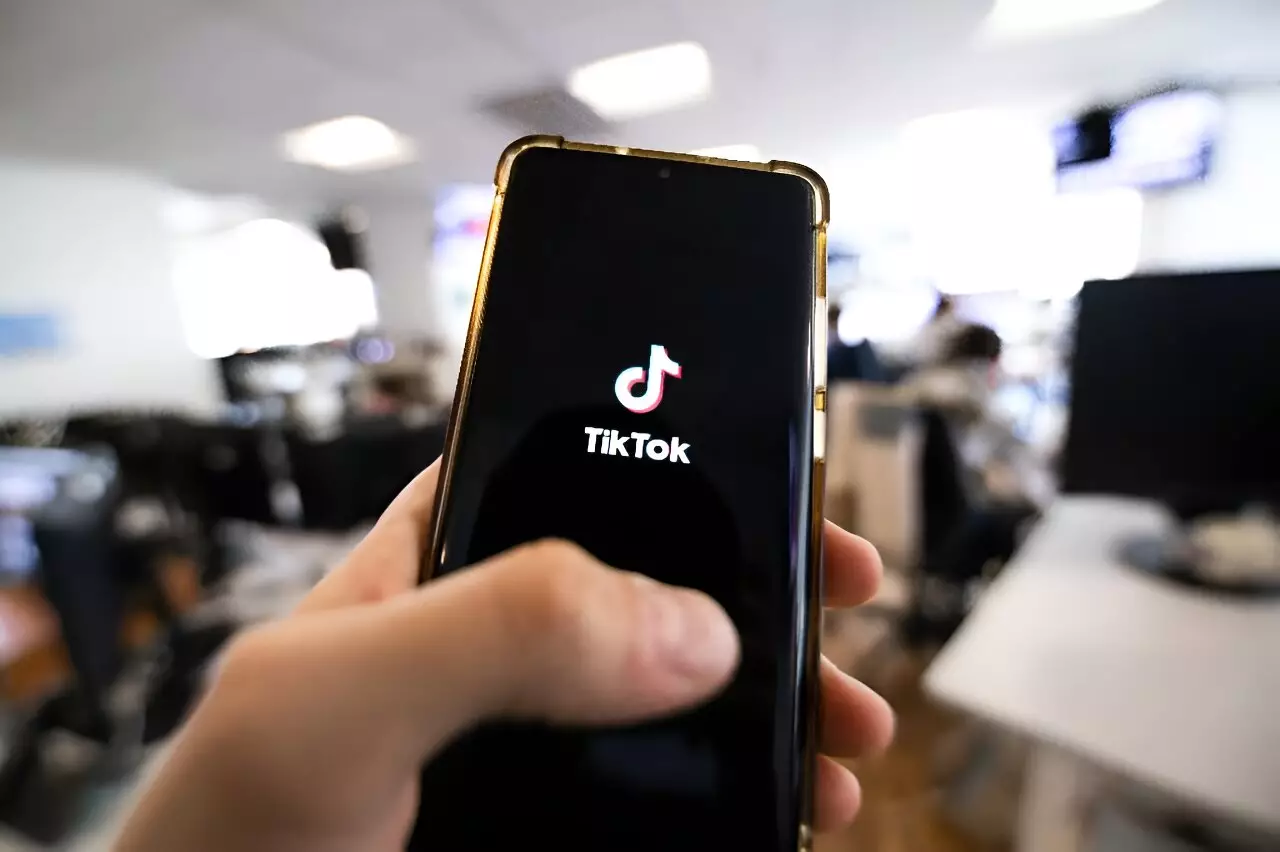As TikTok heads to court, the stakes could not be higher. The video-sharing platform is challenging a controversial law that mandates its Chinese parent company, ByteDance, to divest its ownership or face an outright ban in the United States. This legal showdown pits complex issues of national security against fundamental American principles of free speech, painting a vivid picture of the tensions defining US-China relations and the political landscape in America today.
The law in question was enacted under the Biden administration and establishes a deadline for TikTok’s divestiture from its Chinese owners, with January 2025 being the critical date. TikTok’s legal team contends that such measures infringe upon the First Amendment rights of its American users, emphasizing the platform’s role as a vital communication tool. Their argument hinges on the notion that TikTok serves as a modern public square where ideas and creativity flourish, unshackled from traditional constraints. If forced to alter its ownership structure, TikTok argues it would lose its essential functionalities, diminishing the unique user experience that has garnered a staggering 170 million American users.
Conversely, the U.S. government asserts that the law is primarily a national security measure, designed to prevent potential abuses by the Chinese government, which may leverage data obtained from American users for nefarious purposes. The Department of Justice’s position highlights fears that ByteDance could compromise user data or manipulate the content landscape in the U.S., thereby posing a significant threat to American interests. These competing narratives illuminate the ongoing struggle between protecting free speech rights and addressing genuine national security concerns.
Political Implications and Public Sentiment
The TikTok saga is enveloped in a broader political narrative that significantly influences perceptions of the app. The fact that prominent figures like Donald Trump and Kamala Harris have taken divergent stances on the issue illustrates how intertwined technology and politics have become. Trump’s previous attempts to ban TikTok faced substantial legal challenges, with courts ruling that concerns about free speech must be weighed against national security arguments. Nonetheless, he has recently adopted a pro-TikTok stance, urging supporters to vote for him if they wish to preserve the app’s presence in the U.S.
The Biden administration, while initially taking a tougher stance, has attempted to navigate the complexities of public sentiment surrounding TikTok. The fact that the Biden reelection campaign has embraced TikTok signifies its popularity, especially among younger voters. This creates a paradox where the platform is both a target for scrutiny and a tool for political engagement.
Public opinion may play a vital role in shaping the court’s decision. As TikTok users rally in support of their favorite app, their voices may resonate with the judiciary, urging judges to consider the large swath of the population that relies on TikTok for connection, entertainment, and self-expression.
As the legal battle unfolds, the implications extend far beyond TikTok. A ruling in favor of the platform would signify a strong defense of First Amendment rights in the face of governmental overreach. Conversely, siding with the federal government could pave the way for further restrictions on platforms tied to foreign ownership, fundamentally altering the digital landscape in America. Given the propensity for cases involving free speech to escalate to the Supreme Court, this case may set important precedents.
However, evaluating the government’s national security claims presents a considerable challenge. As noted by legal experts, the sealed evidence surrounding the government’s arguments complicates the assessment of the legitimacy of their fears. It raises ethical questions regarding transparency and the accountability of governmental agencies in justifying potential intrusions on civil liberties. The Supreme Court historically exhibits considerable caution when weighing national security against First Amendment rights, particularly in the digital age, where the Internet has revolutionized how information is shared.
The TikTok case encapsulates a broader global narrative regarding data privacy, national security, and freedom of expression. As technology blurs the lines between user rights and governmental responsibilities, the outcome of this case may signal a pivotal moment in defining what digital liberty looks like in an increasingly polarized world. The interconnection between geopolitical dynamics and personal freedoms underscores the urgency in navigating these uncharted waters without compromising fundamental values.
Ultimately, the battles fought in courtrooms may shape the future not only of TikTok but also of how technology companies operate under the scrutiny of national interests. As the judicial system grapples with these complex issues, the eyes of Americans—along with those from abroad—will be watching closely, hoping for a resolution that honors the principles of free speech while ensuring national security remains intact.

